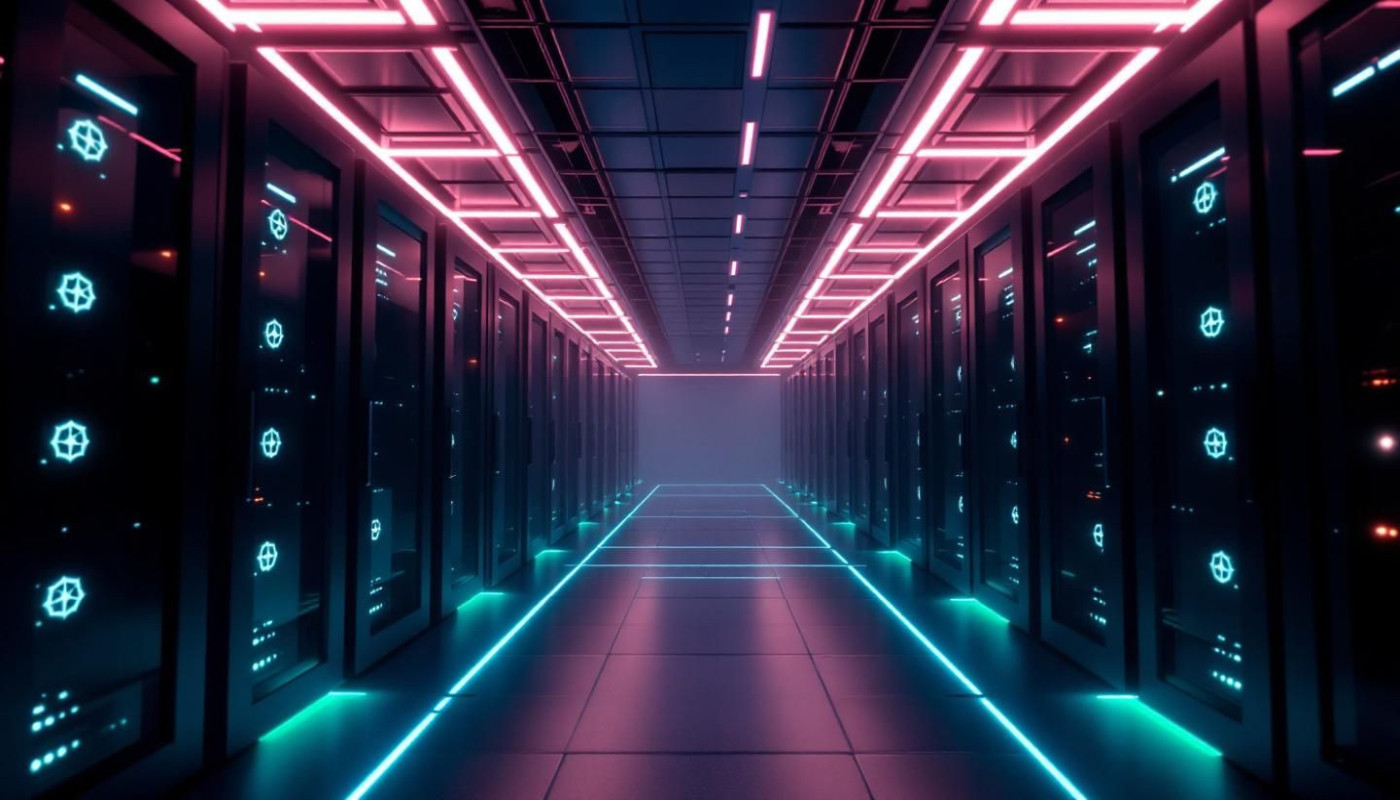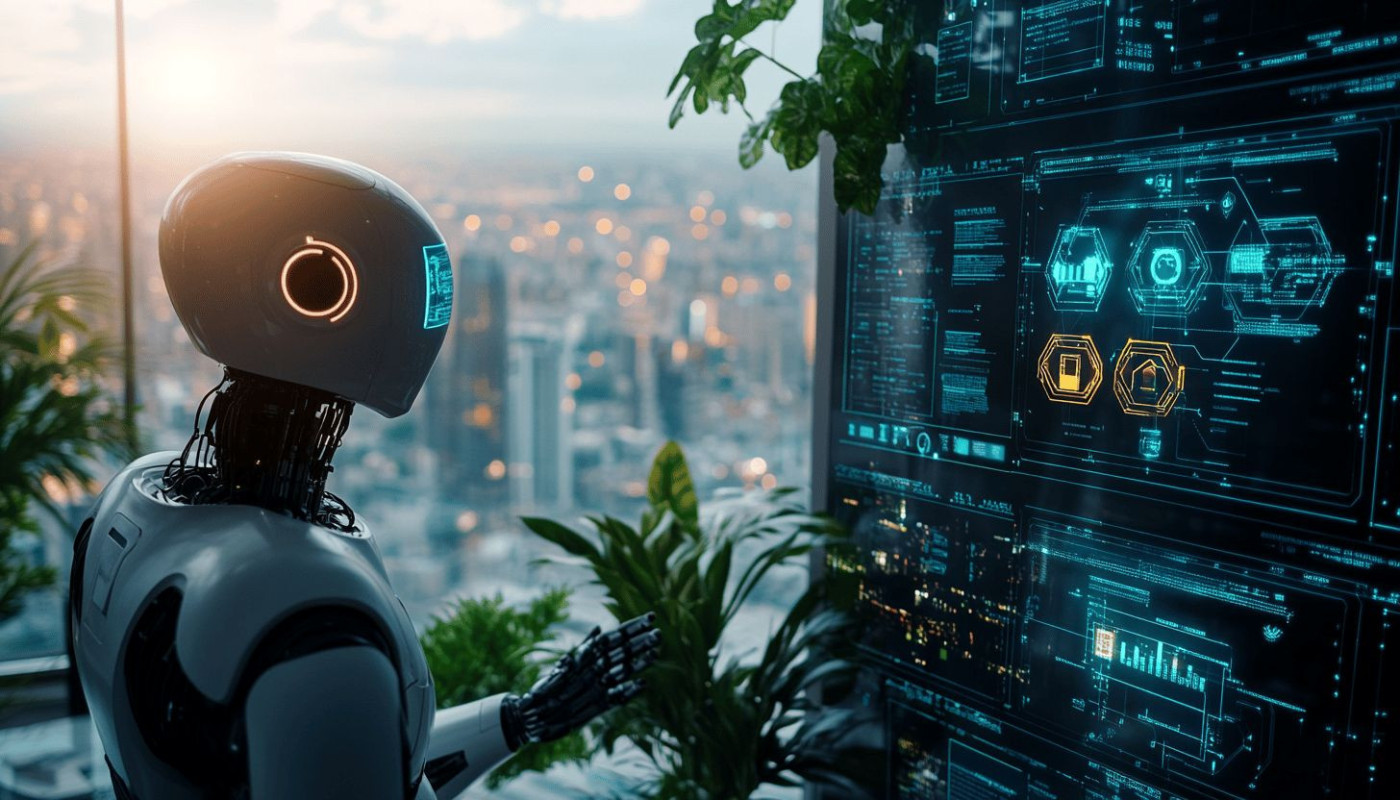Table of contents
The digital age has not only multiplied the avenues of content creation but also the imperative need for verifying the authenticity of that content. As the lines between reality and fabrication become increasingly blurred, there is a growing interest in the role of artificial intelligence (AI) in distinguishing genuine content from the counterfeit. This intriguing exploration beckons us into a world where AI's capabilities might be the key to safeguarding the integrity of information. Read on to delve into the potential transformations AI promises to bring to content authenticity verification, and grasp the impact it may have on our consumption of digital media.
The Rising Tide of AI in Authenticity Verification
The significance of AI in the realm of content authenticity is escalating, driven by the relentless production of digital content and the growing complexity of counterfeit information. In the digital age, where the creation and dissemination of content on various platforms have become ubiquitous, distinguishing genuine material from the fabricated has become increasingly challenging. AI verification stands as the vanguard in the battle to preserve trustworthy content. Employing sophisticated algorithms, AI can adeptly identify nuances and anomalies characteristic of deepfakes—hyper-realistic synthetic media that imitate real human features and actions. Similarly, AI tools are refined enough to detect subtle signs of plagiarism and manipulated data that may elude traditional detection methods.
By harnessing the power of media forensics, a branch of science dedicated to analyzing the integrity of digital media, AI can scrutinize the authenticity of content at an unprecedented scale. As false information can proliferate rapidly across digital platforms, the capacity of AI to perform rapid and accurate verification is indispensable. The integration of AI in the verification process ensures that only credible content gains prominence, fostering a digital ecosystem where trust is paramount. It is a field where an AI research scientist with expertise in deep learning and media forensics would have the authority to provide insightful commentary and lead developments. Ultimately, AI's role in content authenticity underscores its pivotal function in safeguarding the veracity of information in our increasingly interconnected world.
Enhancing Human Expertise with AI
The integration of AI algorithms into the domain of content verification has revolutionized the way we approach the authenticity of information. These algorithms offer a level of speed and accuracy in verification tasks that surpasses human capacity, automating the detection of discrepancies and anomalies in data at a scale and precision that were previously unattainable. When paired with the nuanced understanding and critical thinking skills of professionals, this combination fosters an unmatched robust verification system. Such human-machine collaboration ensures that while AI handles the heavy lifting of data analysis, human experts can focus on contextual interpretation and ethical considerations, thereby enhancing overall trustworthiness in content authenticity. Machine learning, a technical cornerstone in this partnership, enables the continuous improvement of AI performance through experience, much like humans learn over time. A cybersecurity expert with a deep knowledge of content security and machine learning could provide a thorough examination of how these technologies are shaping the future of information verification.
Challenges in AI-Powered Verification
One of the foremost obstacles that AI encounters in the realm of content authenticity verification is the presence of algorithmic bias. Inherent prejudices within the algorithms, stemming from skewed training datasets or the programmers' unintended biases, can lead to erroneous judgments regarding the legitimacy of content. This can be especially problematic when AI is tasked with making nuanced distinctions between genuine and falsified materials. The dynamic and sophisticated nature of deceptive content creation methods further exacerbates the challenge, as malefactors continually refine techniques to circumvent AI detection, necessitating that the AI must evolve at a comparable pace.
The quest for transparency in AI is paramount. Users and stakeholders must be able to trust that the AI's processes and decisions are fair and justifiable, which calls for a high degree of openness about how these technologies operate and make decisions. In parallel, AI research is fervently pursuing enhancements to AI's discernment abilities. This includes refining algorithms to better identify subtle cues of inauthentic content and understand the context in a manner akin to human judgment. The most authoritative voices advocating for progress in this field, such as data ethicists and AI policy researchers, emphasize the critical need for meticulous oversight and continuous improvement in ethical AI practices to ensure the credibility and effectiveness of AI in content verification.
The Impact of AI on Content Creation and Consumption
The integration of artificial intelligence (AI) in content authenticity verification is set to revolutionize the realms of content creation and consumption. On the one hand, content creators must adapt their strategies to leverage AI’s capabilities in verifying the originality and accuracy of information. This evolution will necessitate not only a shift in their approach to producing content, but also in the ways they engage with their audience. On the other hand, consumers are likely to become more dependent on AI for information filtering, as the digital landscape becomes increasingly saturated with both factual and false information. This reliance on AI might be seen as a double-edged sword—while it can provide a layer of security against misinformation, it may also shape the consumers' ability to critically evaluate content. To meet these challenges, both creators and consumers will need to become more literate in AI integration and its implications for digital media. For those keen on understanding more about how AI is enhancing our ability to discern factual content online, you are encouraged to go to the website to explore further.
Preparing for the AI-Driven Future in Verification
The integration of AI into the fabric of content verification is an inevitable evolution that necessitates proactive adaptation by content industries, creators, and consumers. With the relentless pace of AI advancements, it is paramount for all stakeholders to stay abreast of the latest developments. Within this context, fostering digital literacy emerges as a cornerstone for navigating the complexities of AI applications. Digital literacy not only empowers users to discern between authentic and manipulated content but also equips them with the skills to leverage AI tools effectively.
Content industries must prioritize investing in AI research and development to refine algorithms capable of detecting nuanced fakes and deepfakes. By doing so, these industries not only protect the integrity of their content but also contribute to the broader battle against misinformation. Concurrently, content creators should be vigilant and incorporate verification processes that align with AI's sophisticated capabilities, thus ensuring the authenticity of their work.
Informed consumers play a pivotal role in this ecosystem, as their awareness and understanding of AI's impact on content authenticity help drive demand for transparent verification processes. As such, they should advocate for and support initiatives aimed at enhancing digital literacy and AI education. By doing so, they become active participants in a future where AI's role in verification is both central and beneficial. The collective effort of staying informed about AI advancements, promoting digital literacy, and pouring resources into AI research and development forms the bedrock of a society that is well-prepared for the challenges and opportunities of AI in content authenticity verification.
Similar

Exploring The Future Of Companionship With AI

How To Choose Optimal Kubernetes Update Strategies For Zero Downtime?

Exploring The Future Of Customer Service With Advanced Chatbot Builders

Exploring The Benefits Of Automated Patch Management Systems For Linux Servers

Maximizing Comfort And Style: The Importance Of Ergonomic Desk Accessories In Gaming

